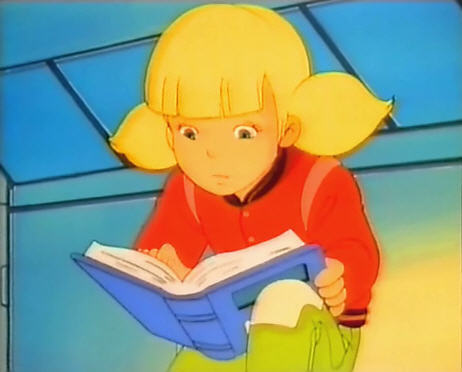
Language is a living, breathing thing. It morphs, it adapts, it sheds its skin. Being that this is true, I would like to propose that “thisclose” to enter the English lexicon. One sees this word being used in certain cases and I feel thisclose is legitimate, needed, and rather elegant. Allow me to make the case.
I am beside myself that in the past few years the word “literally” has lost its original meaning. “Literally” used to mean “actually,” so if you said, “The hotel room was so gross, I was literally barfing,” it meant that you were actually barfing because you found your hotel room unacceptable. You were saying that vomit was coming out of your head because the definition of “literally” meant “taking words in their usual or most basic sense without metaphor or allegory.” But some point, “literally” came to mean something like, “I was totally barfing over that hotel room,” or “I felt like barfing.” The way I see it, this is a bad morph. Whenever someone says, “I was literally over the moon,” I just stare at them and envision him or her actually flying over the actual moon.
But I have to get over it. Because that’s what language does. This is the nature of the thing. Language adds to itself, e.g, “That dude’s jacket is on fleek” and it subtracts, e.g., “That dude’s jacket is aces.”
Now that I’ve buried the lede, let’s go back to thisclose.
When there’s a close call, or when someone is on the verge of doing something but chooses not to do it, “thisclose” is precisely what they mean. Examples:
“I was thisclose to throwing my computer out the window.”
“I was thisclose to asking her out but I just didn’t have the nerve.”
“The bull was thisclose to skewering that dude and it was a shame because his jacket was on fleek, dawg.”
Right? (The pronunciation would be “THIS-close,” by the way.) Golly, I think it’s tops. You see it out there, but it needs to be official. It might be the word-of-the-year at some point (the Times chooses one of these each year, along with the American Dialect Society and the Oxford Dictionary and when they do that, it goes into the dictionary.) Maybe I’ll start a campaign, except I’d be crushed if this great word would lose out to “fleek.” As in:
“My favorite new word was thisclose to being selected but it lost out. I feel like throwing my computer out the window.”

